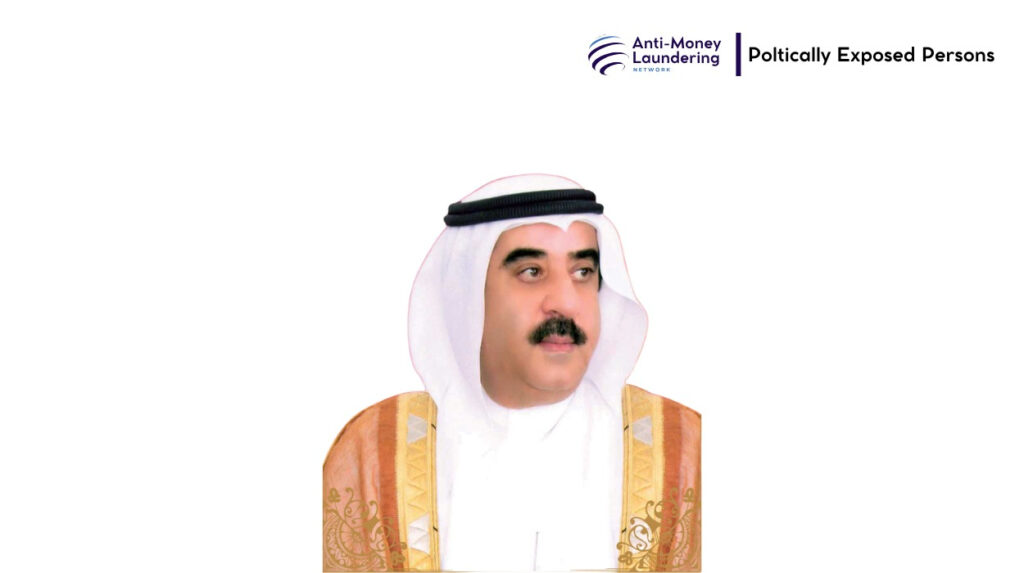Sheikh Saud bin Rashid Al Mualla’s rule in Umm Al Quwain reflects the entrenched challenges of Gulf emirates with limited transparency and concentrated elite power. Despite his public reforms and development initiatives, the political system under his leadership remains opaque, facilitating elite impunity and abuse of state-linked institutions. This environment undermines accountability and enables the channelling of wealth through government entities controlled by ruling family interests. Critics argue that such governance structures perpetuate systemic risks of corruption and financial misconduct, with little room for oversight or independent investigation.
Sheikh Saud bin Rashid Al Mualla is a senior member of the UAE’s ruling elite with extensive control over Umm Al Quwain’s political and economic affairs since 1982. Despite no publicly verified allegations or legal sanctions for money laundering or financial misconduct, the system he operates within is characterized by limited transparency, elite protection, and weak institutional checks, which are conducive environments for potential abuse of power and illicit wealth accumulation. The UAE’s political structure, particularly in smaller emirates like Umm Al Quwain, often shields PEPs from accountability, suggesting that risks of financial misconduct may be underreported or uninvestigated rather than absent. The profile reflects known risks associated with PEPs in similar political systems rather than documented criminal activity directly attributable to Sheikh Saud.

